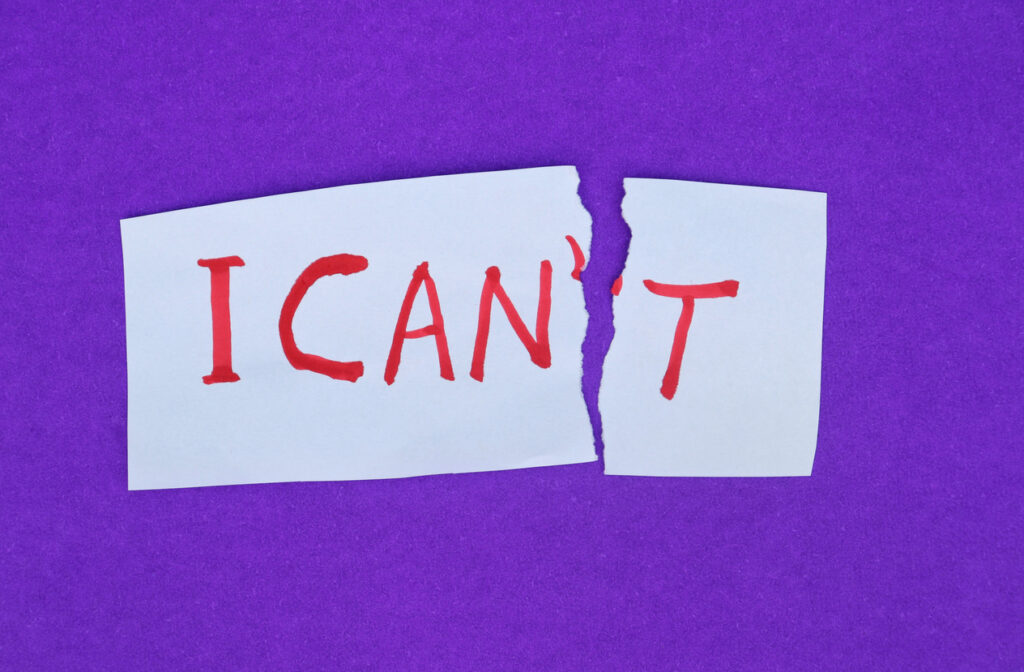Maybe is an adverb that means “maybe.” May be is a verb phrase that has the same meaning as “may be.”
What does “maybe” mean?
“Perhaps” or “perhaps” is what “maybe” signifies. It is frequently used as an adverb, which is a word that modifies (describes) a verb in grammatical terms (among other functions). Maybe is a word that is frequently used to describe the likelihood of an action occurring or not occurring—it might or could not occur. In other contexts, it simply implies “maybe.” These meanings of maybe can be used at any point in a sentence, including the start, middle, and finish.
’Maybe they’ll join us.’
’Do you think maybe we could leave a little later?’
’This tastes like an orange or a grapefruit, maybe.’
Other meanings of the word might stand alone as a response to a question. The word “maybe” is well-known for being a halfway ground between “yes” and “no.” You can say maybe if you’re not sure if anything is a yes or a no.
’Does she want to join you at the dance?’ ’Maybe.’
It’s usually the same as saying “maybe” or “perhaps” in response to a query.
’Is it going to snow soon?’ ’Maybe.’
This interpretation of the word has evolved to its informal use as a noun meaning “possible answer,” as in It’s not a yes, but it’s a maybe, therefore it’s not a no.

What does “may be” mean?
May be isn’t a single word, and it’s not used that way—two it’s words together. It indicates doubt in the same way that maybe does, but it also works as a verb.
It’s the same as might be, and it’s used to suggest that something is unclear but has a chance of being true (He may be who he claims he is) or happening (You may be asked to help).
It can also be used to indicate contrast, such as in ’You may be the smartest employee, but I’m the boss.’, or ’That may be true, but it’s embarrassing.’
Many sentences can be rewritten to use may be instead of maybe, and vice versa. Instead of saying ’That may be true’, you could say ’That may be true.’
It’s no surprise that may and maybe are used in similar ways—possibly because they were squished together.
What’s the difference between the words “perhaps” and “may be”?
Remember that maybe is an adverb that can be used with verbs or as a solitary response to a question. It’s possible that it can be used as a verb.
Use maybe if you can substitute the term with possibly or perhaps. Use may be if you can’t think of a better term.
In a statement, offer examples of maybe and may.
Consider the following examples to help you remember when to use maybe and when to use may be.
’Yes, we’re losing money, but maybe sales will rally in the fourth quarter.’
’We may be losing money, but we’re not going to quit yet.’
’I should go check the faucet—it may be dripping again.’
’I should go check the faucet—maybe it’s dripping again.’
’It may be about to rain, but maybe it will pass us by.’
source: dictionary.com
Válaszd ki a helyes megoldást!
Vocabulary
| to signify | jelenteni/kifejezni |
| adverb | határozószó |
| to modify | módosítani |
| likelihood | valószínűség |
| to occur | előfordulni/bekövetkezni |
| to imply | utalni valamire/ magába foglalni |
| to stand alone | magában áll |
| response to a question | válasz egy kérdésre |
| query | kérdés |
| interpretation | értelmezés |
| to evolve | kifejlődni/kialakulni |
| noun | főnév |
| therefore | emiatt/ennek következtében |
| to indicate | jelezni |
| doubt | kételkedés |
| to suggest | állítani |
| unclear | nehezen érthető/homályos |
| chance | esély/lehetőség |
| contrast | ellentét |
| instead of | valami helyett |
| to squish together | összenyomni |
| solitary response | egyedüli válasz |
| to substitute | helyettesíteni |
| to rally | erőre kapni |
| faucet | csap |





